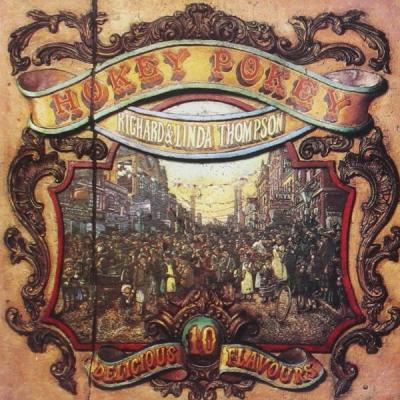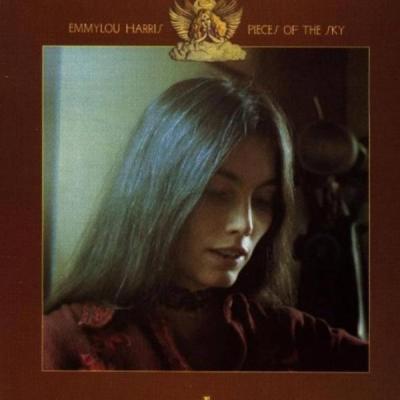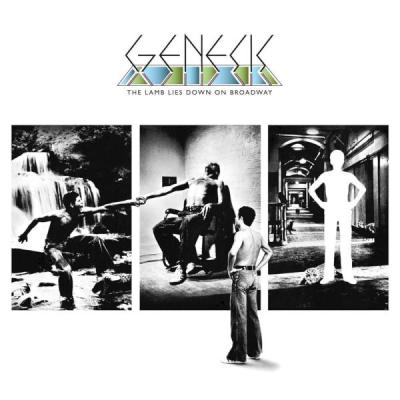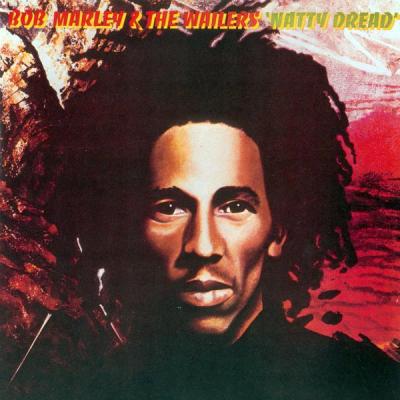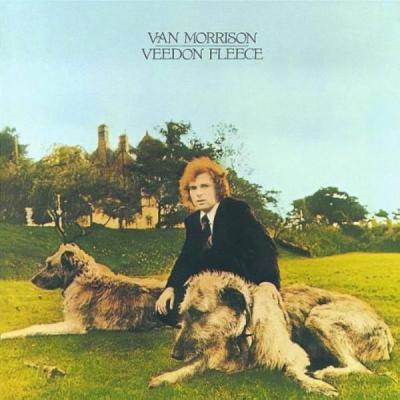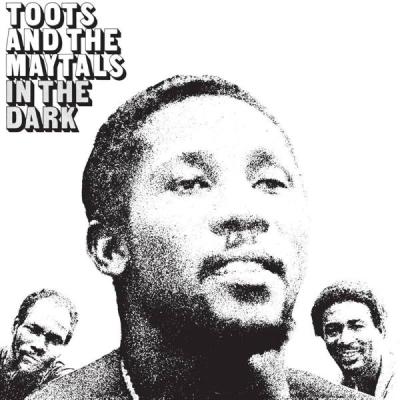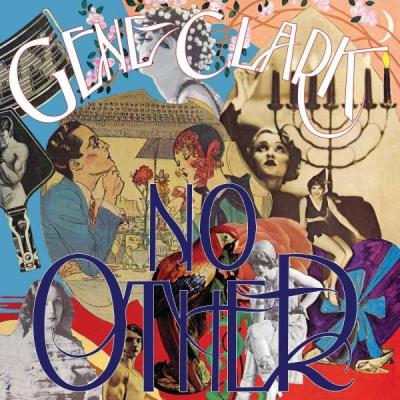

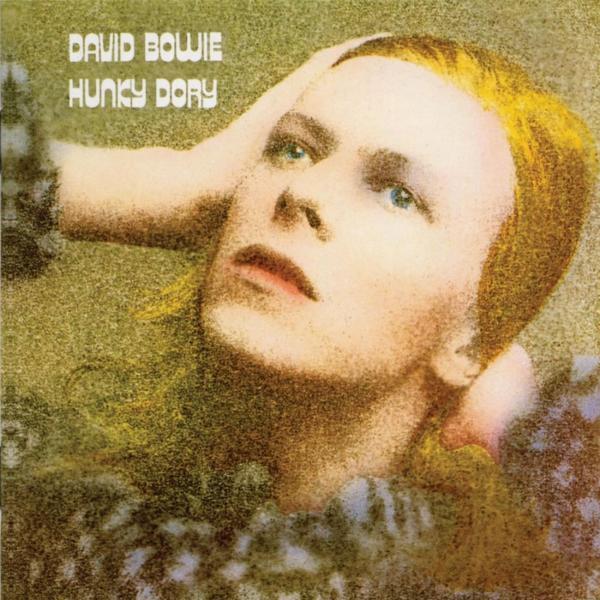
David Bowie: Hunky Dory
Album #142 - December 1971
Episode date - November 18, 2020
It’s odd to note that Bowie’s arc of fame from obscurity to global superstar was so gradual that two of his most well-known and revered early albums never reached the top 40 in America.
“Hunky Dory” was Bowie’s first album to chart at all, stalling at #93. It was his fourth album, and also his fourth significant stylistic shift, moving from English music hall show tunes, to whatever the hell “Space Oddity” was (my best summation would be “Dylan meets Donovan on the deck of the Starship Enterprise”), to proto-heavy-metal songsmith. On “Hunky Dory,” he hangs in the balance between his Dylan fetishes and a fascination with Marc Bolan’s androgyny. Mixing bisexual folk with full intensity glam placed him in a rarefied place where he had precious little competition.
“Changes” is the perfect song to establish Bowie as an album artist. It’s a brilliant piece of psychological self-analysis, perhaps anticipating the pattern of change that would ultimately define his career. The song is wordy, careening through syllables over a base of Rick Wakeman’s warm piano chords as Bowie moves from the personal to the universal, ultimately establishing an anthem for a searching generation of post-Beatles youth.
It would be hard to overestimate the importance of Rick Wakeman’s presence on “Hunky Dory.” His exacting, prodigious style informs, even defines, most everything he plays on here, particularly “Oh, You Pretty Things” and “Life on Mars.”
Lyrically, these may be two of Bowie’s most esoteric compositions (which is really saying something), but they are also two of his loveliest melodies. In retrospect, you can hear the gears turning in his head as he moves toward creating a persona that would soon define him as the figurehead of the ‘glam’ movement.
Bowie’s songwriting is sure-footed throughout, even when Wakeman’s role is not integral. “Kooks” is a gorgeous love song to a newborn son, so expressively warm and tender that it’s hard to equate it with the indignant transgender rant of “Queen Bitch,” a song that rocks with muscle and fury.
Each side (this was an album, you know…) ends with acoustic driven word paintings that betray Bowie’s attempt to transcend Dylan’s influence. As tunes, “Quicksand” and “Bewley Bothers” tend to blur together but remain interesting nonetheless. Elsewhere on the album, Bowie confronts his internal ghosts much more directly. With cocky self-assurance, this ‘newcomer’ actually has the temerity to call two of his personal heroes onto the carpet, casting semi-ironic asides at both Bob Dylan and Andy Warhol. Just who does this precocious s.o.b. think he is? In less than a year, Bowie indubitably answered that question.
December 1971 - Billboard Charted #93
Related Shows


